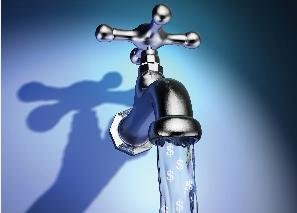SCADA stands for Supervisory Control and Data Acquisition. It is a computer system designed to monitor and collect real-time data on industrial equipment through sensors. Once enough data is collected, the system operators can use the visualized information to identify problems and adjust for efficiency. Here are the top 3 benefits for using this kind of system in water treatment and wastewater plants:
Better water quality
SCADA systems monitor important specs like pH levels, turbidity, chlorine concentration and flow rates. Through the real-time data, operators can better detect any issues or violations of safe water standards and take action. This saves time and helps prevent even the slightest contamination from entering the public water domains.
Lower costs
Using SCADA in water treatment plants is an investment that reduces costs in the long run. With automated monitoring and the ability to control the system remotely, there is less need for manual inspections, lowering labor expenses and reducing costly operational errors. SCADA systems also prevent larger repairs by detecting leaks and malfunctions early on.
Energy efficiency
Energy consumption is a major concern in water treatment processes. SCADA helps water treatment plants use energy more efficiently by monitoring pumps, aeration, and overall operations. Then operators can adjust to reduce unnecessary power use. This not only lowers electricity costs but also decreases the environmental impact.
SCADA technology plays a vital role in modern water treatment and wastewater management. For access to SCADA installation or SCADA upgrade contracts, subscribe to our database. For more interesting articles on similar topics visit our blog page.

